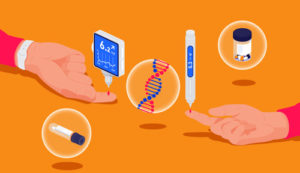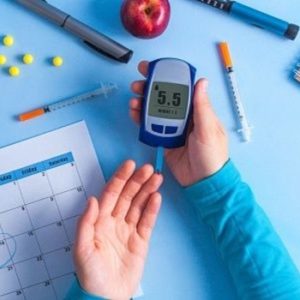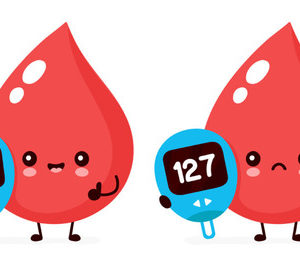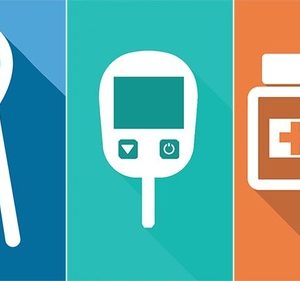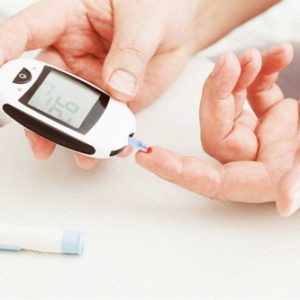Diabetes, a chronic metabolic disorder, affects millions worldwide. An essential aspect of managing this condition is recognizing its early signs. These symptoms, often subtle, can go unnoticed without proper awareness. Understanding them can lead to timely diagnosis, a vital step in preventing potential complications.
Common Symptoms Across Diabetes Types
Regardless of the type, diabetes presents a series of common manifestations. They result from the body’s inability to regulate glucose efficiently. Here are the predominant symptoms:
- Increased thirst and frequent urination
- Extreme hunger even after eating
- Fatigue and irritability
- Blurred vision
- Slow-healing sores
- Frequent infections
Type-Specific Symptoms of Diabetes
Symptoms of Type 1 Diabetes
Often diagnosed in children and young adults, Type 1 diabetes can have rapid symptom onset. Apart from the common symptoms, individuals may experience unintentional weight loss, mood changes, and nausea or vomiting.
Symptoms of Type 2 Diabetes
Typically diagnosed in adults, Type 2 diabetes symptoms develop slowly, sometimes over several years. In addition to the general symptoms, one might experience numbness or tingling in the hands or feet, often due to nerve damage.
Symptoms of Gestational Diabetes
Emerging during pregnancy, gestational diabetes might not always show evident symptoms. However, excessive sugar in the urine, commonly identified during routine prenatal tests, can hint at its presence.
Importance of Early Detection
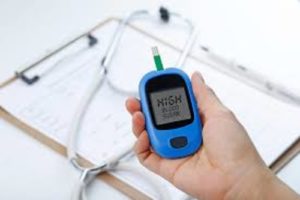
Early detection of diabetes holds paramount importance. Identifying and addressing the disorder in its initial stages can:
- Minimize the risk of severe complications
- Help manage blood sugar more effectively
- Reduce the need for intensive treatments
- Promote a longer, healthier life
Diagnostic Tests for Diabetes
Fasting Blood Sugar Test
This test evaluates blood sugar after an overnight fast. A reading of 126 milligrams per deciliter (mg/dL) or higher indicates diabetes.
Oral Glucose Tolerance Test (OGTT)
After fasting, an individual drinks a sugary solution. Blood sugar is then tested at various intervals. A reading above 200 mg/dL two hours after drinking the solution suggests diabetes.
Hemoglobin A1c Test
This test doesn’t require fasting. It gauges the average blood sugar over two to three months. An A1c level of 6.5% or higher confirms the diagnosis.
Role of Regular Screenings
Regular screenings are invaluable in diabetes management. For those at risk, annual or biennial tests can ensure early detection. Early diagnosis provides a window for lifestyle modifications and treatments that can delay or prevent Type 2 diabetes onset.
Conclusion
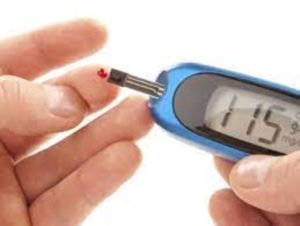
Diabetes, with its wide-ranging impact on health, demands vigilant awareness of its symptoms. Recognizing early signs and undergoing timely tests can be life-saving. Armed with this knowledge, individuals can embark on a journey toward optimal health, minimizing the risks associated with unchecked diabetes.
